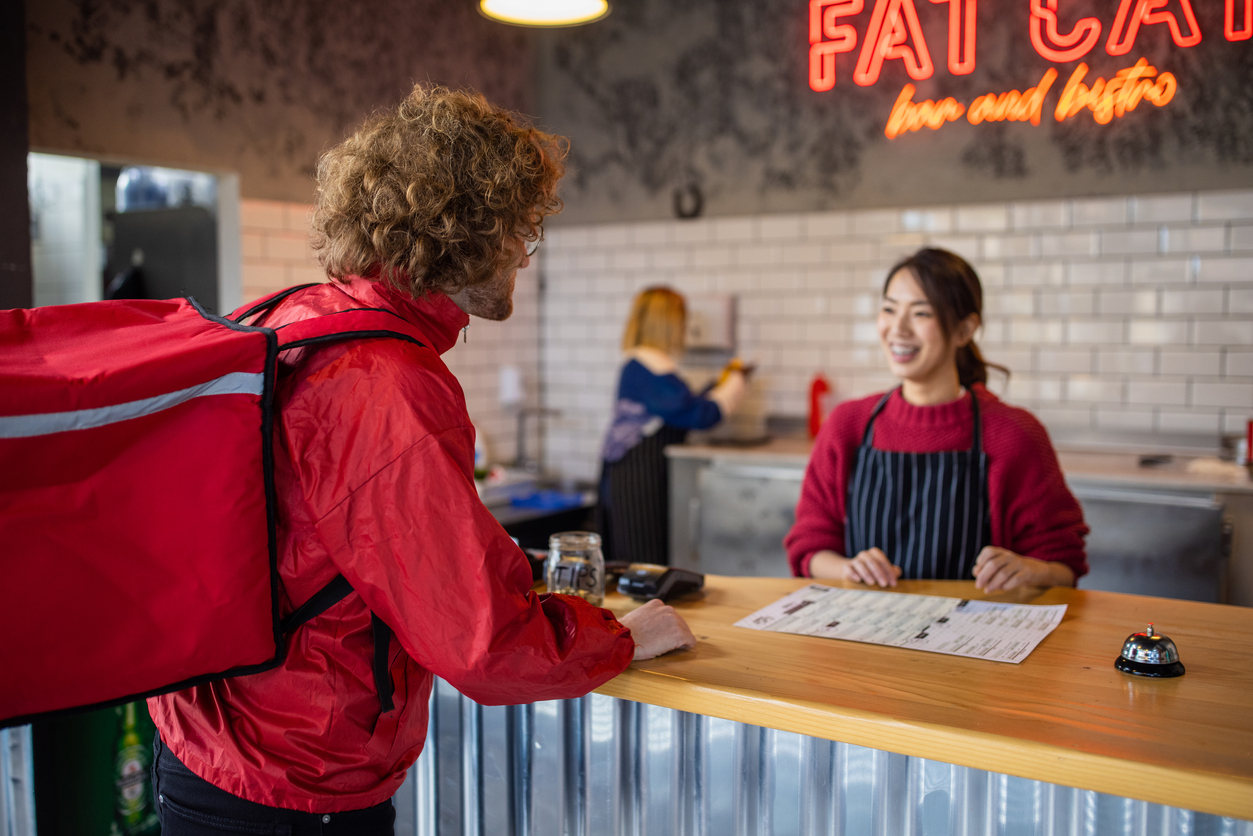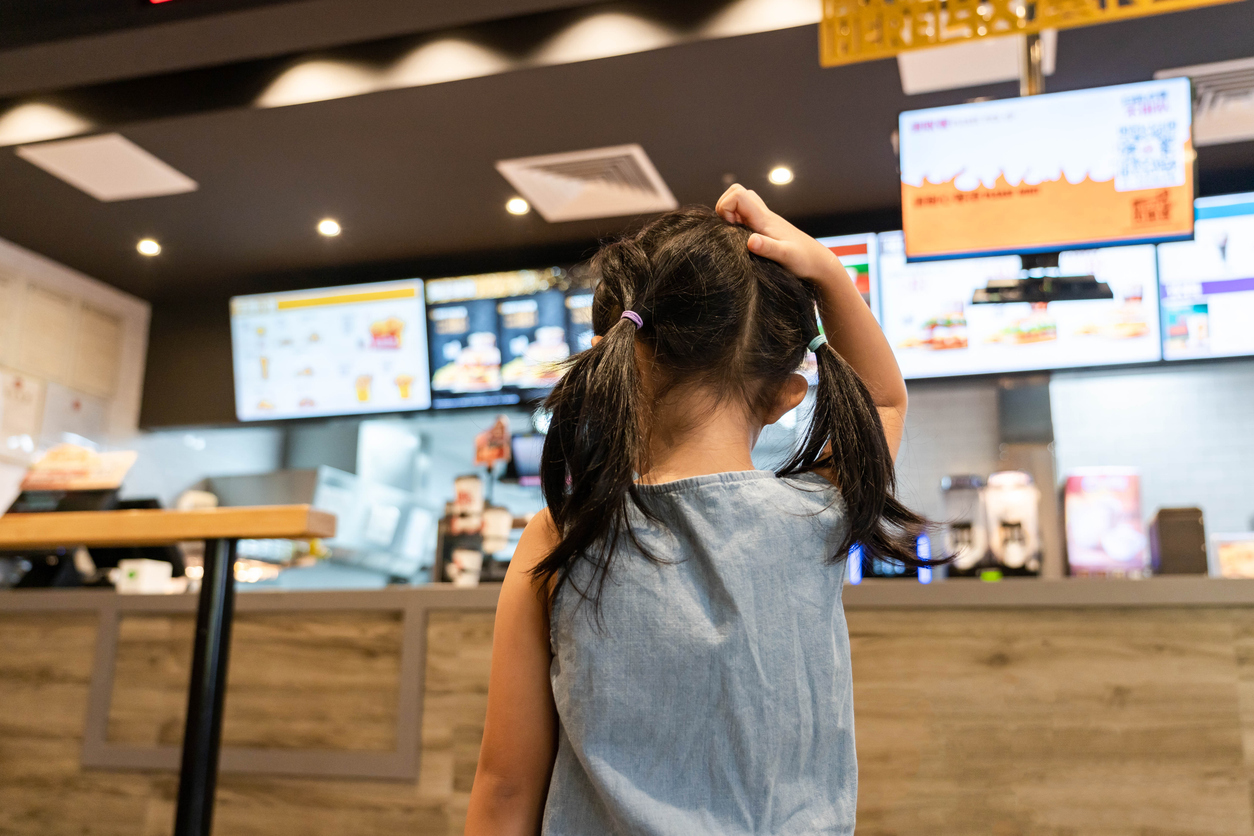Food influencer marketing is a powerful strategy brands can use to reach their target audience across various social media platforms. The rapid ascent of social media influencers, particularly on platforms like Instagram, TikTok, and YouTube, has transformed these platforms into hubs for restaurants to promote their brand, menu, and atmosphere. Influencers wield unprecedented sway over their followers, shaping their preferences, influencing purchase decisions, and reshaping the marketing dynamics of the digital age.
What Is Food Influencer Marketing?
Food influencer marketing involves collaborating with individuals with a significant following and influence in the food industry to promote products or brands. These influencers, often called foodies, share their culinary experiences, recipes, reviews, and cooking tips with their audience across various social platforms.
Influencer marketing has become common, offering brands a more authentic way to connect with consumers beyond more traditional advertising methods. Statista reports that the global influencer market will be valued at over $24 billion by the end of 2024, indicating that influencer marketing is not slowing down.
Types Of Food Influencers
There are various types of influencers that play crucial roles in shaping culinary trends and attracting consumers. These include:
Food Bloggers
Food bloggers are integral to the food influencer ecosystem, offering knowledge and passion for culinary. Through their meticulously crafted written content, tantalizing recipes, and captivating food photography, they invite their audience into a world of gastronomic delights. Beyond content creation, food bloggers actively engage with their followers, fostering vibrant communities through blog comments, social media interactions, and even live cooking sessions. Their dedication to authenticity and expertise in their niche make them invaluable sources of inspiration and guidance for food enthusiasts worldwide.
Travel Influencers
Travel influencers bring a unique perspective to the table, offering a tantalizing glimpse into the intersection present on a global level regarding food and culture. Their immersive storytelling and breathtaking imagery transport their audience to far-flung destinations, where they explore diverse cuisines and culinary traditions. From bustling street markets to Michelin-starred restaurants, travel influencers are culinary ambassadors, embracing the diverse flavors and experiences that characterize our global community. By weaving together narratives of exploration and discovery, they inspire followers to embark on their own epicurean adventures, one bite at a time.
Local Influencers
Local influencers hold a special place in the hearts of their communities, championing regional cuisines and finding largely unknown restaurants. With an intimate knowledge of their neighborhoods, they spotlight eateries and cultural landmarks that might otherwise go unnoticed. Through their authentic storytelling and genuine enthusiasm, local influencers foster a sense of connection and pride among their followers, encouraging them to support local businesses and savor the unique flavors of their hometowns. By forging relationships with consumers and restaurants, they serve as trusted guides and tastemakers in their communities.
Benefits Of Food Influencer Marketing

The collaboration between brands and food influencers yields many benefits, ranging from expanded reach and enhanced engagement to trust-building and increased sales.
Expanding Reach And Exposure
Food influencer marketing offers brands an unparalleled opportunity to extend their reach and exposure to a highly targeted audience. By partnering with influencers who have a dedicated following and resonate with their target demographic, brands can amplify their message and easily penetrate new markets. Whether reaching niche communities or tapping into global trends, influencers are powerful catalysts for expanding brand visibility and generating buzz around products and services.
Building Trust And Authenticity
Consumers are becoming increasingly skeptical of traditional advertising methods and are placing more trust in recommendations from people they know or follow. This is where food influencers can play a vital role for brands. By promoting products and services through authentic and genuine content, influencers can help build trust with their followers. Their personal experiences and recommendations carry weight and influence their audience's purchasing decisions.
Increasing Sales And Conversion
At the heart of food influencer marketing lies the ability to drive meaningful engagement and sales. Influencers captivate their audience's attention and inspire action through storytelling, imagery, and immersive experiences. From recipe tutorials to behind-the-scenes culinary adventures, influencers craft content that resonates with their followers. By harnessing the power of influencers, brands can influence purchasing decisions and drive revenue, resulting in tangible returns on investment and sustained growth.
What Types Of Businesses Should Work With Food Influencers?
Food influencers can benefit a wide range of businesses within the culinary industry, including restaurants, coffee shops, cocktail bars, cookware retailers, and grocery stores. Here, we will cover how different businesses can leverage influencer partnerships to boost their brand presence and attract customers.
Restaurants Or Bakeries
Restaurants and bakeries can significantly benefit from collaborating with food influencers to showcase their culinary creations and attract new customers. Influencers can drive foot traffic and boost your restaurant by featuring menu items, special promotions, or behind-the-scenes glimpses of their kitchen operations.
Coffee Shops
Coffee shops can tap into the coffee culture craze by partnering with influencers who share their love for caffeine. From promoting specialty drinks to hosting coffee-tasting events, influencers can help coffee shops attract coffee enthusiasts and build a loyal customer base.
Cocktail Bars And Pubs
Cocktail bars and pubs can leverage influencer marketing to showcase their signature drinks and unique bar experiences. By collaborating with influencers who appreciate craft cocktails and nightlife adventures, these establishments can reach a broader audience and drive traffic to their venues.
Crafting An Effective Food Influencer Marketing Strategy
To maximize the impact of food influencer marketing, brands must develop a strategic approach tailored to their goals and target audience. Here are key steps for creating a successful influencer marketing strategy:
Defining Clear Objectives And KPIs
Setting clear objectives is the cornerstone of any influencer marketing campaign. These objectives serve as guiding principles, outlining what you aim to achieve through your collaboration with influencers. Typical objectives involve boosting brand recognition, enhancing sales figures, or introducing a fresh product range. Alongside establishing these objectives, it's vital to outline key performance indicators (KPIs) that serve as benchmarks for evaluating campaign effectiveness. These KPIs encompass engagement levels, audience reach, website traffic, and conversion rates.
Determining Budget And Compensation
Establishing a budget for your influencer marketing efforts is vital for allocating resources effectively and achieving your desired outcomes. When determining your budget, consider factors such as campaign goals, the size of your target audience, and the level of influence of the chosen influencers. Additionally, it's essential to decide on the appropriate form of compensation for influencers, whether it's through flat fees, free products, or affiliate commissions. Providing fair compensation can motivate influencers to produce top-notch content that connects with their followers.
Creating Collaborative Content Ideas
Explore various content ideas, from recipe tutorials and behind-the-scenes footage to product reviews and sponsored posts. Foster creativity and authenticity in content creation, enabling influencers to present your brand in a manner that feels authentic and aligns with their audience. By fostering collaboration and creativity, you can create content that drives meaningful engagement and strengthens your brand's presence in the market.
Establishing Metrics For Success
Campaign monitoring and measurement give insight into the performance of your campaign and strategies you can use to succeed. Measure the right KPIs like engagement rates, reach, website traffic, and conversions to assess your influencer content's performance. Make sure you are willing to modify your strategy in response to the campaign results and optimize your strategy using data analysis for marketing campaign optimization.
Executing Food Influencer Marketing Campaigns
Once the strategy is in place, brands can begin executing their influencer marketing campaigns. This involves building relationships with influencers, collaborating on content creation, monitoring and measuring results, and leveraging user-generated content to amplify brand visibility and engagement.
Building Relationships With Influencers
Authentic connections with influencers are crucial for establishing trust and credibility with their audience. Take the time to initiate and nurture relationships with influencers who align with your brand values and target demographic. Building genuine connections can lay the foundation for fruitful collaborations that drive results.
Collaborating On Content Creation
Consider various formats of content partnerships that facilitate influencer branding and allow the influencer to present your brand initially. From the simplest ads and mentions in posts and reviews to detailed tutorials and behind-the-scenes content for favorite recipes, there are plenty of opportunities to interact with the public and inspire them to meaningful interaction. Entice influencers to use it naturally and not in a forced manner so that the integration of products or services into the content is in sync with the followers.
Monitoring And Measuring Results
Utilize appropriate metrics and analytics to monitor how a particular campaign is performing and to see whether your influencer marketing efforts are meeting your objectives. Metrics let you evaluate the success of your campaign by analyzing factors of engagement, reach, and conversions to drive informed decisions. Remember that the strategy may need to be changed throughout the campaigns based on results and that the strategy will need to be revisited and modified to meet or improve the success criteria set.
Leveraging User-Generated Content
User-generated content (UGC) can be a powerful tool for enhancing brand credibility and fostering community engagement. Encourage your audience to participate and contribute their content, whether it's through user-generated reviews, photos, or videos. By leveraging UGC, you can amplify your brand's reach and authenticity, creating a sense of community and connection among your audience.
Elevate Your Visibility & Drive Engagement With Checkmate
Checkmate offers loyalty and marketing solutions to help restaurants grow their business through unique offers and personalized campaigns. With the right tech stack, brands are enabled to test new marketing tactics, such as influencer marketing, and drive sales in meaningful ways. Explore how our restaurant loyalty and marketing solution can elevate your brand.





